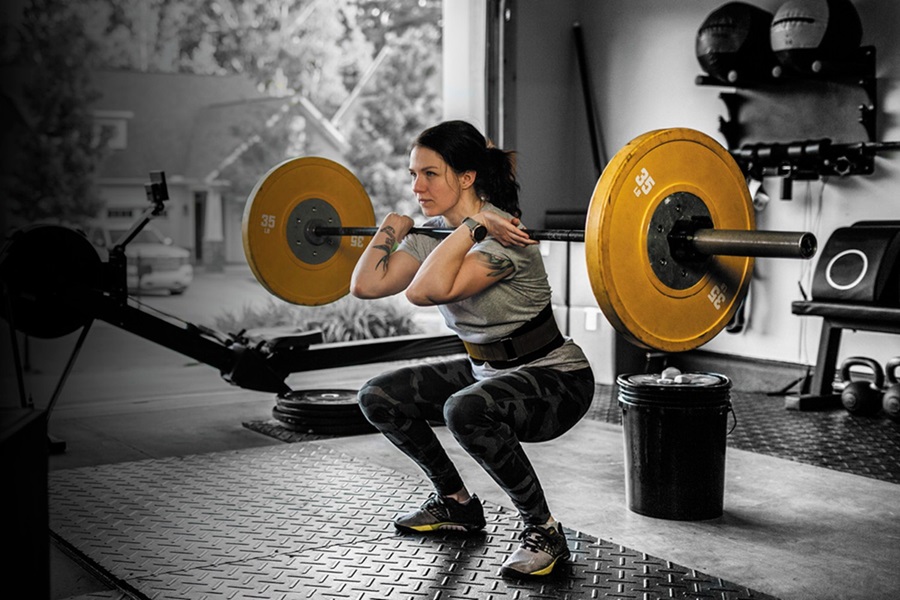We know the pandemic has disproportionately affected women financially, and our latest research also uncovers a gender gap when it comes to attitudes towards investing. As financial wellbeing is closely linked to overall self-esteem, and COVID-19 has shifted priorities and heightened the conversation around equality, what can brands do to invite and inspire women to make different, potentially better, decisions about their money? How do we move from financial wealth to “financial wellness”?
As well as outlining findings from our own Winning with Women report, we recently asked experts to join us for a panel session on the topic of the commercial imperative and opportunity for financial services. Jude Kelly CBE, Founder and Director of the WOW Foundation; Michelle Booth, Head of Marketing Strategy and Innovation, NatWest; and Caroline Bloor, Hearst UK Consumer Affairs Director, joined us on 8 July for this insight-filled event.
Here are some of the key discussion points:
1. The pandemic ‘unlock’
COVID-19 presents a unique situation – and perhaps a huge opportunity for financial services. Our panel noted that much financial decision making, especially for women, has historically been linked to (forced) life changes, such as losing a job, nearing retirement, or experiencing fraud. The pandemic has created a moment in time that has uniquely combined the shock of unplanned lost income, changes to consumption habits (like commuting or buying a coffee every day), and (for some) increased savings associated with this reduced spending. Brands like Klarna have been effective in tapping into changes that support our desire to consume… but we have not seen brands making the most of the increased appetite to save and plan for the future.
2. Societal values around consuming vs. saving
People are encouraged to spend and consume; our panel mentioned that when people win money on gameshows the question is often what people will spend the money on rather than preparing for the long term. This is especially the case for women, as they are more often judged on material possessions like clothes, bags and jewellery. Are our values changing in this regard? We know that financial independence is now the single greatest contributor to self-esteem (for both men and women); more important than it was in our 2018 research.
3. Money and stereotypes
Supporting the ‘Winning with Women’ findings about the link between financial independence and self-esteem, the panel talked about some of the deeply-held emotions around money. Through the Good Housekeeping readership survey, it was found that women find it difficult to talk about money (only 32% of women would talk about financial issues to a friend) and, in many cases, money is seen as something dirty and vulgar – there are feelings of shame and embarrassment around wealth.
In fact, society values women for doing important but low-paying jobs like nursing, caring and primary school teaching alongside managing the household. This perception needs to be challenged, and we need to create new narratives and definitions of success.
Moreover, women are routinely expected to combine their career with caring at home, for children or elderly parents – even on the occasions where their income is higher than their partner’s. Women are suffering in numerous ways from being pigeon-holed.
It would also be useful to develop and change the conversation around attitudes to risk (e.g. the risk of missed opportunity vs losing money). ESG investing and investing for ‘good’ –we know women tend to be more interested in ethical and sustainable investment opportunities – could be part of the solution here.
4. Starting young and building confidence
Referencing the data that shows the persistent financial gender gap amongst Millennials, the panel commented on how this divide starts very early through role models and financial education. There are things that can be done to resolve this: parents and schools could bring long-term savings and investments into the psyche of young people, and brands can play a role as well. An excellent example of this was the NatWest partnership with Cosmopolitan magazine, where the message that ‘money is a means of enabling and empowering young women to reach their financial goals’ engaged a massive audience. How can we help women to set and achieve their early stage goals around, for example, careers and getting on the housing ladder, rather than waiting until women are forced to engage later in life?
We do also know that women place greater importance on ‘achieving their financial goals’ as a reason for investing money… compared to men who want to beat the market!
5. Challenging the internal status quo
Noting the fact that the investment banking/asset management world continues to be male-dominated (and investing is seen as being more ‘for’ men than women), the panel saw a need for sector change internally. Banks often value conformity from employees (and look for people who look like themselves) rather than encouraging diversity, and therefore need to go much further in developing people with diverse backgrounds, attitudes and ethnicities. This will ultimately help to ensure they are able to change perceptions around money and drive new money-management behaviours and attitudes.
While D&I initiatives are very important, we also know that working long hours is the norm in Asset Management and long, inflexible hours are not compatible with being the parent with primary childcare responsibilities (most often the mother). There is further hope that the pandemic – with increased ‘working from home’ and much more flexibly – may be a catalyst in changing attitudes.
Asking financial services organisations to think of “financial wellness” not “financial wealth” means thinking differently and getting away from siloes. The conversation needs to change… and COVID-19 presents a real opportunity, as people are thinking differently, changing their relationship with money, and asking more questions about the way they live their lives.



